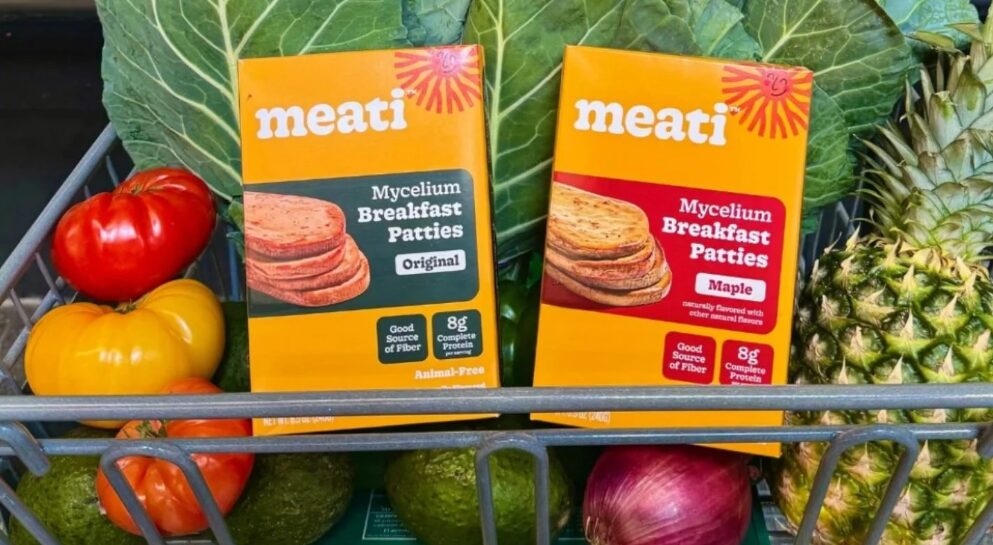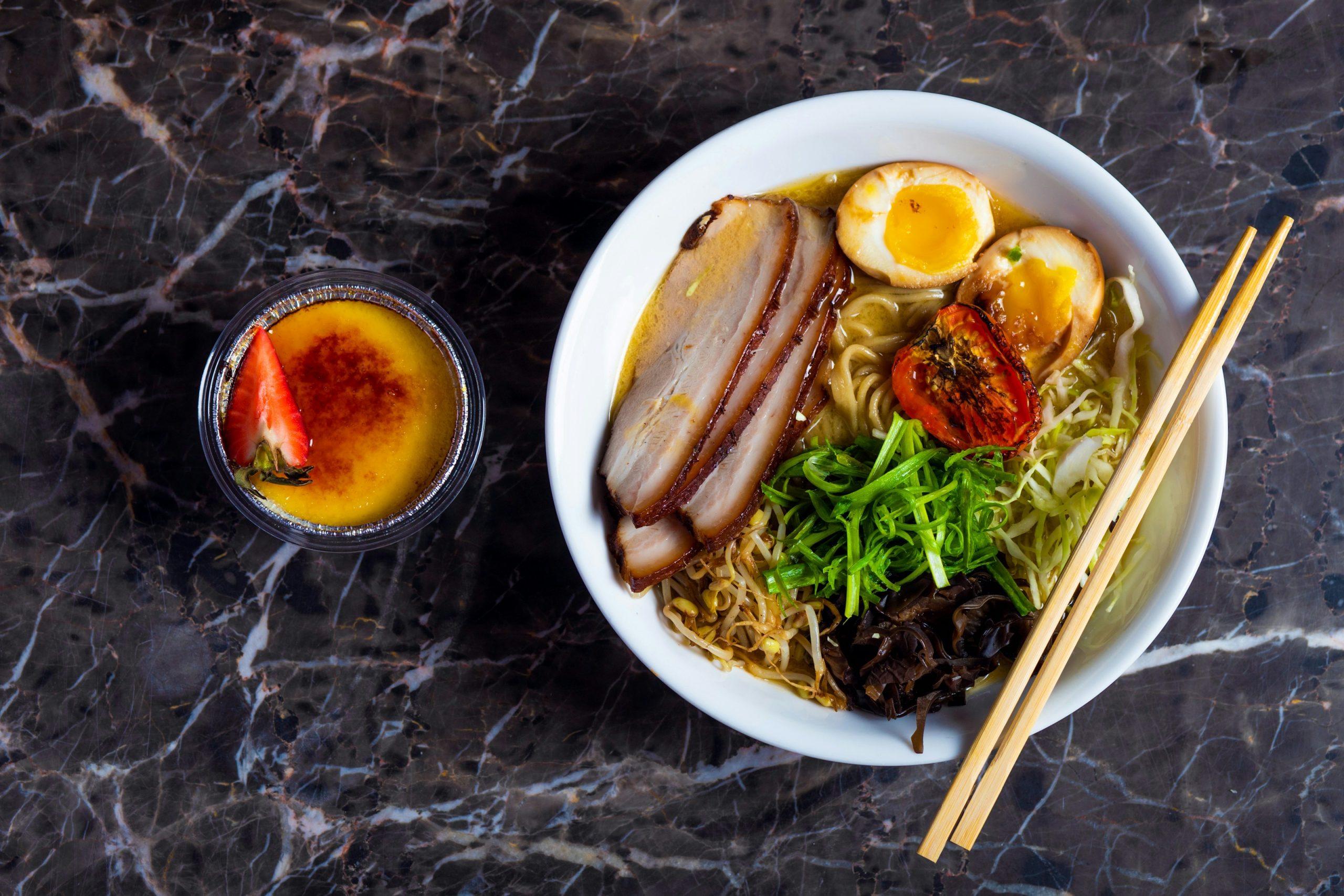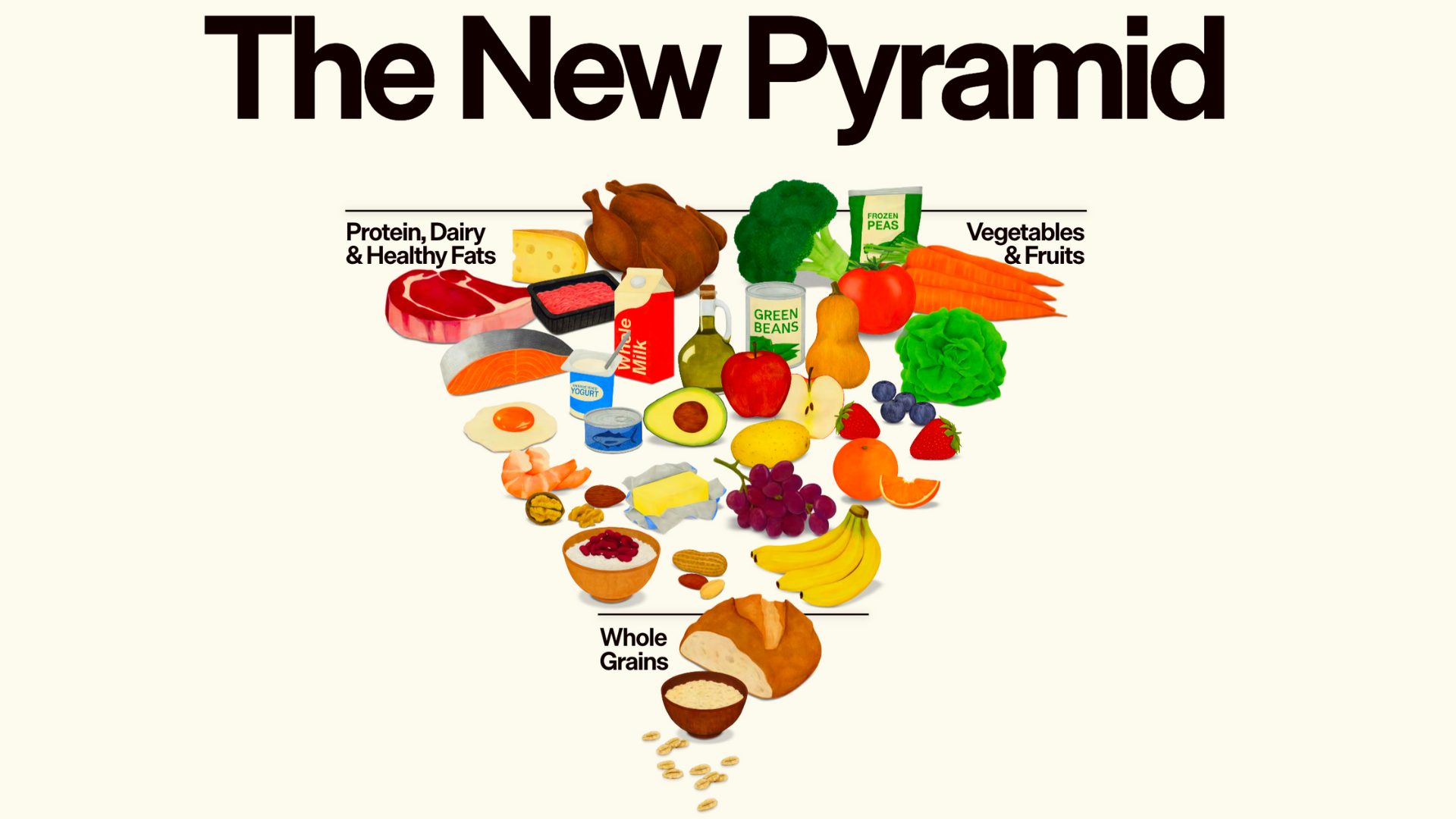Reflecting on his first year as CEO of Meati, Phil Graves has a long list of accomplishments he’s thankful for. For one thing, Graves has convinced his father, a longtime Texan, to make mycelium-based alt-meat part of his diet. Plus, Meati expanded into new retailers stretching from California to North Carolina.
Atop that list of accomplishments, though, is Meati’s ever-shrinking list of product ingredients. The brand’s Classic Cutlet, for example, relies heavily upon mycelium, a root-like structure of fungus.
“Our approach has always been to have clean ingredients,” Graves told The Food Institute.
“If you flip over some of (our) competitors’ products, it looks a little like a science experiment and definitely falls into the ‘ultra-processed’ category.”
As consumers increasingly prefer clean, whole ingredients, Meati has focused on a list of “simple ingredients that you can pronounce,” the CEO said.
The brand, which traces its origins to Boulder, Colorado, features products that typically are no less than 95% mycelium, which is the vegetative part of fungus consisting of fine white filaments.
“It’s not a soy-based protein, or a pea-based protein. It’s mycelium; it’s naturally loaded with protein and fiber,” Graves explained. “And, because of that, we simply need to add some seasonings or other ingredients that you can pronounce.”
Meati’s new Maple Breakfast Patty, for example, features maple syrup from Vermont. The launch is part of the brand’s initial foray into the breakfast category.
Graves views the breakfast category as a major opportunity. After all, few brands have found success selling plant-based breakfast protein, leaving the market largely untapped.
When his family tried the patty recently, Graves recalls “walking downstairs and the smell hits you. It’s like, ‘Ah, this is the sausage I remember growing up eating.’”
The CEO hopes his brand’s breakfast products will lead to continued success in 2025. Graves said Meati is coming off a year in which its sales nearly doubled and its distribution increased 130%.
Looking at the plant-based landscape, he expects more competitors to prioritize clean ingredients in the year ahead. Graves also expects more brands to utilize mycelium, which he calls “Earth’s perfect food,” due to the fact it’s high in fiber yet low in fat.
In the new year, Robert F. Kennedy Jr. – President Donald Trump’s choice for secretary of Health and Human Services – is determined to “make America health again.” And many Americans, in general, are focused on cleaning up the nation’s food supply chain, Graves said.
“You’re seeing a lot of interest in health, wellness, doctor-directed guidance to lower their cholesterol and watch what they eat,” the CEO said. “And that’s where you’ll see companies like Meati – that have things that taste very similar to meat – (that) you can enjoy in a guilt-free way.”
The Food Institute Podcast
Amid inflation, restaurants need to get more creative to help bring customers through the door. What exactly can they do to improve traffic? André Moraes of PepsiCo Digital Lab shares how experiences, microinfluencers, and the Local Eats program can help propel restaurants in 2025.












